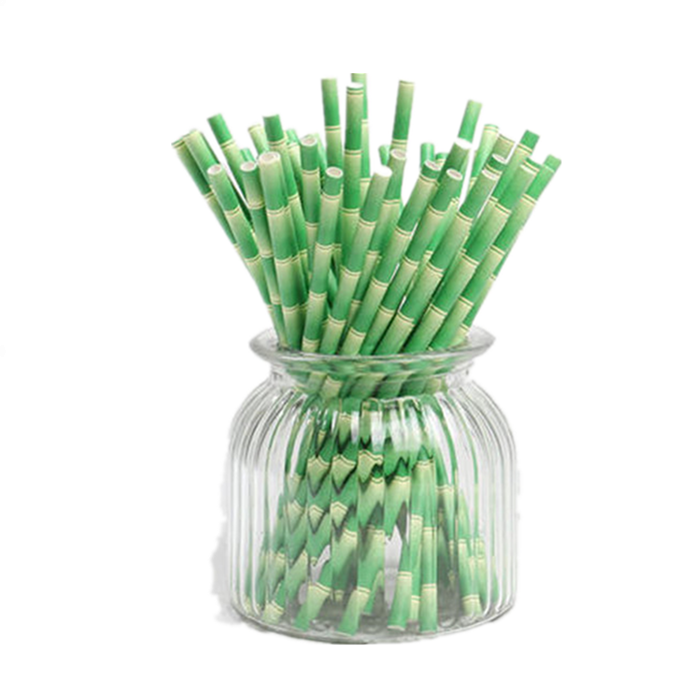The latest data show that consumers’ demand for sustainable packaging continues to grow, mainly because the younger generation is willing to pay more for what they consider environmentally friendly packaging.
The information comes from the global green buying report 2021, released by trivium packaging, a global leader in metal packaging, in collaboration with Boston Consulting Group. The report surveyed more than 15000 participants in Europe, North and South America about their behaviors related to sustainable packaging, including their willingness to pay more for environmentally friendly packaging, And the perception of different packaging materials.
The newspaper shows that young consumers’ investment in sustainable life is steadily increasing. 83% of respondents aged 44 and under are willing to pay more for sustainable packaging. The study also shows that the younger generation of consumers are more likely to buy sustainable packaging than the older generation, and there is no significant difference between the income class and the millennials and the Z generation.
The main findings show that despite the global impact of the epidemic, the overall consumer demand for sustainable packaging remains high. 67% of consumers think they are environmentally conscious, which is consistent with last year’s report. In addition, 67% of the respondents thought that recyclable packaging was very important, 64% of the respondents thought that packaging containing recyclable ingredients was a priority in their purchase decisions, and less than one third of consumers did not attach importance to sustainable packaging due to the epidemic situation.
Trivium packaging CEO michaelmapes said: “in recent years, no event has had such a big impact on consumer behavior as the epidemic, but in the face of the epidemic, most consumers have not cancelled the priority of sustainable development, which is a real proof of the firm sustainable development movement led by young consumers.”
Consumers in all regions agree that plastic is the most unsustainable packaging material in the market, which is consistent with trivium’s 2020 report and the results of a broader study on the negative impact of plastic packaging on the environment. The survey results showed that 63% of the respondents associated plastics with adverse attributes such as marine pollution (63%), harmful (55%) and waste (36%).
However, although consumers are still highly aware of the environmental impact, pollution and harmful materials on the earth, this study points out a worrying consumer misunderstanding: there is a gap between the actual recyclability of materials and consumers’ perception of them. For example, the recovery rate of metals (64%) is much higher than consumers think (48%), while the recovery rates of glass, plastic and liquid cartons (32%, 14%, 26%) are much lower than consumers think (65%, 41%, 65%).
Post time: May-20-2021

